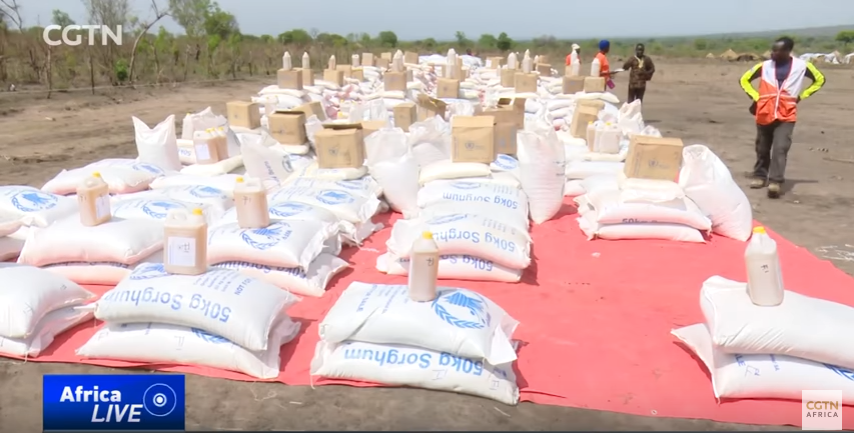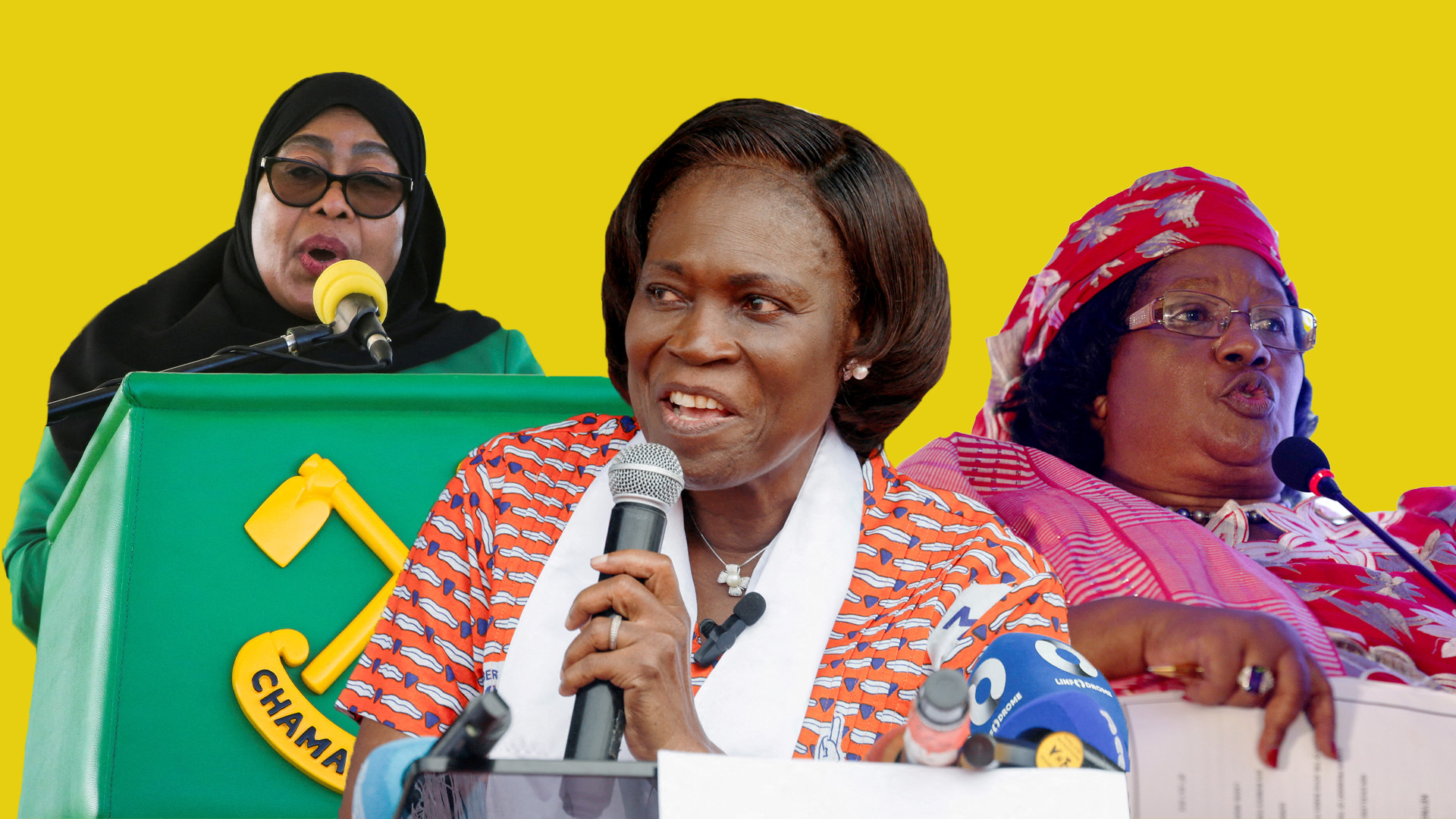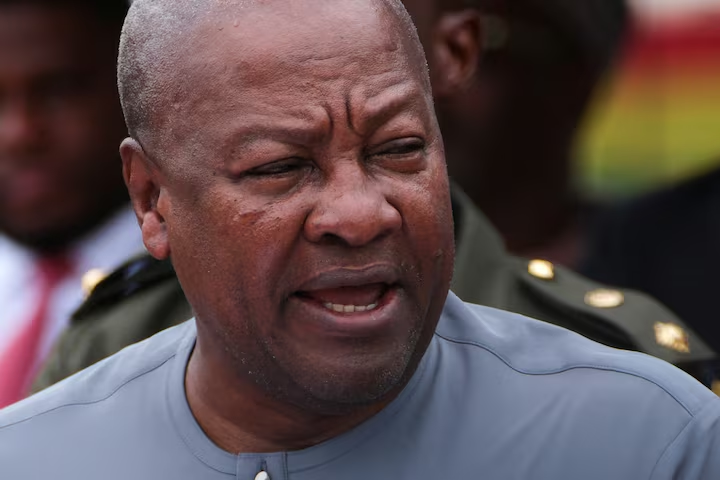
South Sudan refugees in Northern Uganda face food shortage
The famine declared in South Sudan by the United Nations is pushing many to flee to neighboring countries.
In Uganda, where many have sought refuge, there are food shortages arising from the long dry spell
Families’ wait in line as relief agencies prepare to distribute food.
One at a time the refugees take away a month’s portion. But many here say the food is not enough…
“Since January we have just received twice… so you cannot survive on twelve kilos for four months…” Said Roman Modi- South Sudan refugee
“When there is no food we take water and we stay….” Said Atim Aisha- South Sudan refugee
War and famine that has already been declared in parts of South Sudan is driving many to flee.
According to the United Nations figures, over 100,000 people face starvation.
“This is bidi bidi, now the largest refugee settlement in the world. It is home to over 270,000 South Sudanese and every month each refugee is entitled to 12kg of maize and beans… but many are still going hungry because food is being rationed to cater for the influx…”
Relief agencies need 9 metric tons of food every month… but they can only provide 6
“Missing a cycle means if they are supposed to get food on the 15th of the month and you are giving on the 20th… it means the five days they have missed food is a challenge for the refugees especially the children… how do they survive” Said Gilbert Kamanga- World Vision Country Director, Uganda
The World Food Program says it needs more than 60 million dollars to meet the current food needs, but the funding is not coming in as expected.
But in Uganda where there has been an influx of refugees, food production has been affected by the long dry spell.
“We have had a difficult of rain… it means that the host communities who sometimes provide sustenance for these refugees… there is no much sustenance as well.” Said Gilbert Kamanga- World Vision Country Director, Uganda
However Relief Agencies are optimistic that if funding comes through, there will be enough food, provided the number of refugees does not increase.







